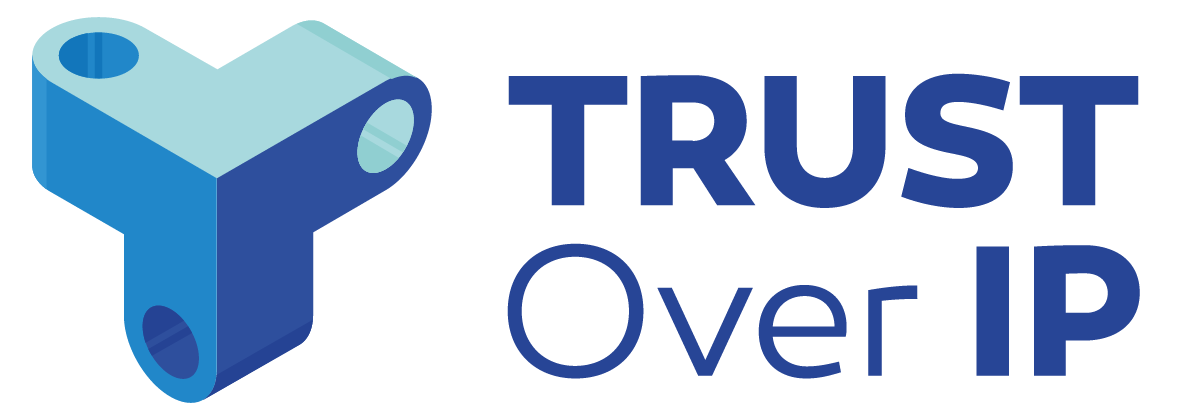This statement was co-written by DIF and ToIP.
On 3rd August 2021, the World Wide Web Consortium proposed advancing the Decentralized Identifiers (DIDs) v1.0 specification to their W3C Recommendation stage, the ultimate level of the W3C standards process, which indicates that the specification as currently defined is technically sound, mature and ready for adoption. This includes the expectation that this will allow for widespread implementation, as well as further development and ongoing evaluation, paving the way for future versions.
Collectively, the memberships of the Decentralized Identity Foundation (DIF) and the Trust Over IP (ToIP) Foundation represent over 350 companies globally who are committed to the development and implementation of decentralized identity and trust infrastructure. Many of these organizations have contributed directly or indirectly to the W3C DID 1.0 specification for one simple reason: the DID layer of cryptographically verifiable identifiers is foundational to the common infrastructure we are building together and on top of; therefore, this spec is an integral part of DIF’s and ToIP’s shared vision for an empowered, secure and interoperable future, and in line with W3C TAG Ethical Web Principles.
As such, DIF and ToIP support the Decentralized Identifiers (DIDs) 1.0 specification becoming an official W3C Recommendation. DID 1.0 represents the efforts of over thirty active W3C Working Group contributors over the past two years— on top of contributions from dozens of others in the W3C Credentials Community Group and its predecessors for several years before that. This is a significant milestone in the digital identity sector. Having common ground for development, particularly in terms of interoperability, allows work to continue with renewed energy and focus. It also mitigates the risk of shifting goalposts, which seriously hinders long-term development, investment, and widespread adoption.
DIDs are a critical part of a technical foundation for the products and activities of many of our members. Many of the implementations in the DID Working Group’s implementation report were developed by engineers and companies who collaborate openly at DIF on points of technical interoperability, and at ToIP on points of policy and governance. DIF also hosts the Universal Resolver, a community project which puts practical intra-DID method interoperability into practice by co-developing a “translation engine” for diverse DIDs with contributions from DIF members and non-members alike. Similarly, other DIF efforts like the DID Communications protocol and the Presentation Exchange protocol and ToIP efforts like the ToIP Trust Registry Protocol serve to align a broad range of implementations and ecosystems already building on these standards, laying the groundwork for robust interoperability across ecosystems and diverse families of technologies.
This specification is the result of half a decade of sustained, broad-based, dedicated work on the part of W3C, DIF, and ToIP members. We acknowledge also the work done by numerous, forward-thinking organizations who have already built working implementations using the provisional specification, thereby laying the foundations of new infrastructures for “identity data”. We believe DIDs will change the course of digital identity by building in better user controls, portability and interoperability at the lowest possible level, while also offering increased security and simplicity for implementers and service providers. This advancement unlocks new opportunities for our digital lives, and we look forward to leveraging DIDs and other technologies developed in the community to champion a new class of user-first, self-owned digital identity systems.
Signed,
DIF & ToIP
October, 2021
